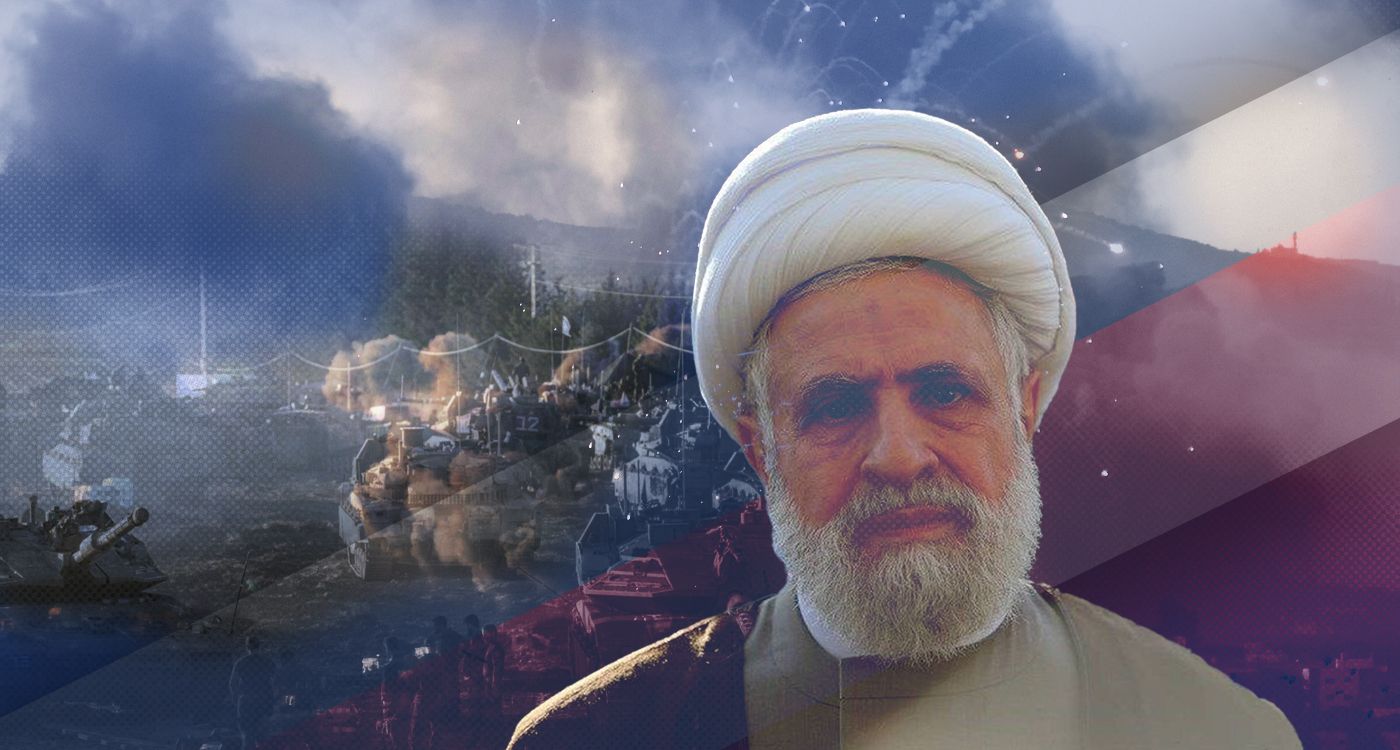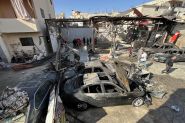
The appointment of Sheikh Naim Qassem as Secretary-General of Hezbollah was not a surprising political shift; rather, it was a predictable outcome of the party's internal circumstances.
Following the assassination of Hashem Safieddine, Hassan Nasrallah’s potential successor, Qassem stands as the only viable candidate for this position. As the Deputy Secretary-General, it follows naturally that he would assume leadership in the absence of both Nasrallah and his successor.
Hezbollah could not afford to be without a Secretary-General, while claiming of restored cohesion and influence. This leadership transition effectively solidifies the image he aims to project to its base and to the Lebanese, Arab, and international public opinion, both politically and militarily.
Some analysts attempt to read significant changes or conclusions into Sheikh Naim Qassem's appointment as Secretary-General of Hezbollah. However, observers familiar with the group's current trajectory argue that this appointment signifies no real transformation. They view Qassem as one of the most hardliner figures within Hezbollah, noting that in this organization, there are no doves — everyone is a hawk, differing only in their degree of extremism.
These observers emphasize the importance of reviewing Sheikh Naim Qassem's positions on the state, the Army, the struggle against Israel, the establishment of an Islamic Republic, and his perspective on Lebanese society. Many of these views can be found in his book, "Hezbollah: The Methodology, the Experience, the Future,” as well as in various interviews and political stances.
This context enables any Lebanese citizen to understand that Hezbollah is unlikely to change in the foreseeable future, regardless of the war's outcome. The party, akin to Hamas, perceives the losses inflicted on its community and Lebanon as tactical setbacks that can be compensated for. However, it categorically rejects any strategic losses involving political or military concessions, no matter how minor.
Given this reality, observers assert that under Sheikh Naim Qassem's leadership, Hezbollah will reassert the connection between the two fronts, in Gaza and Lebanon. The pro-iranian group will not accept any mechanisms that lead to the genuine implementation of Resolution 1701, nor will it entertain discussions about disarmament or a defense strategy that places its weaponry under state control. In Hezbollah's ideological framework, only the Wali al-Faqih holds the authority to issue commands, and the party operates strictly according to his directives.
Hezbollah will not endorse any president advocating for the implementation of international resolutions, nor will it support any government that does not adhere to the tripartite formula of “the Army, the people, and the resistance.”
MPs from various blocs who have met with their colleagues among Hezbollah’s parliamentary bloc report that the latter continue to discuss Lebanese political issues as if nothing has changed. The only recent concern capturing their attention is the plight of displaced persons. However, this focus does not reflect an urgency to end hostilities and facilitate their return home. Instead, it revolves around ensuring these individuals receive necessary support in shelters, with the prevailing belief that the primary responsibility for providing this assistance lies with the state, which was not consulted in any capacity before the decision to declare war.



Comments